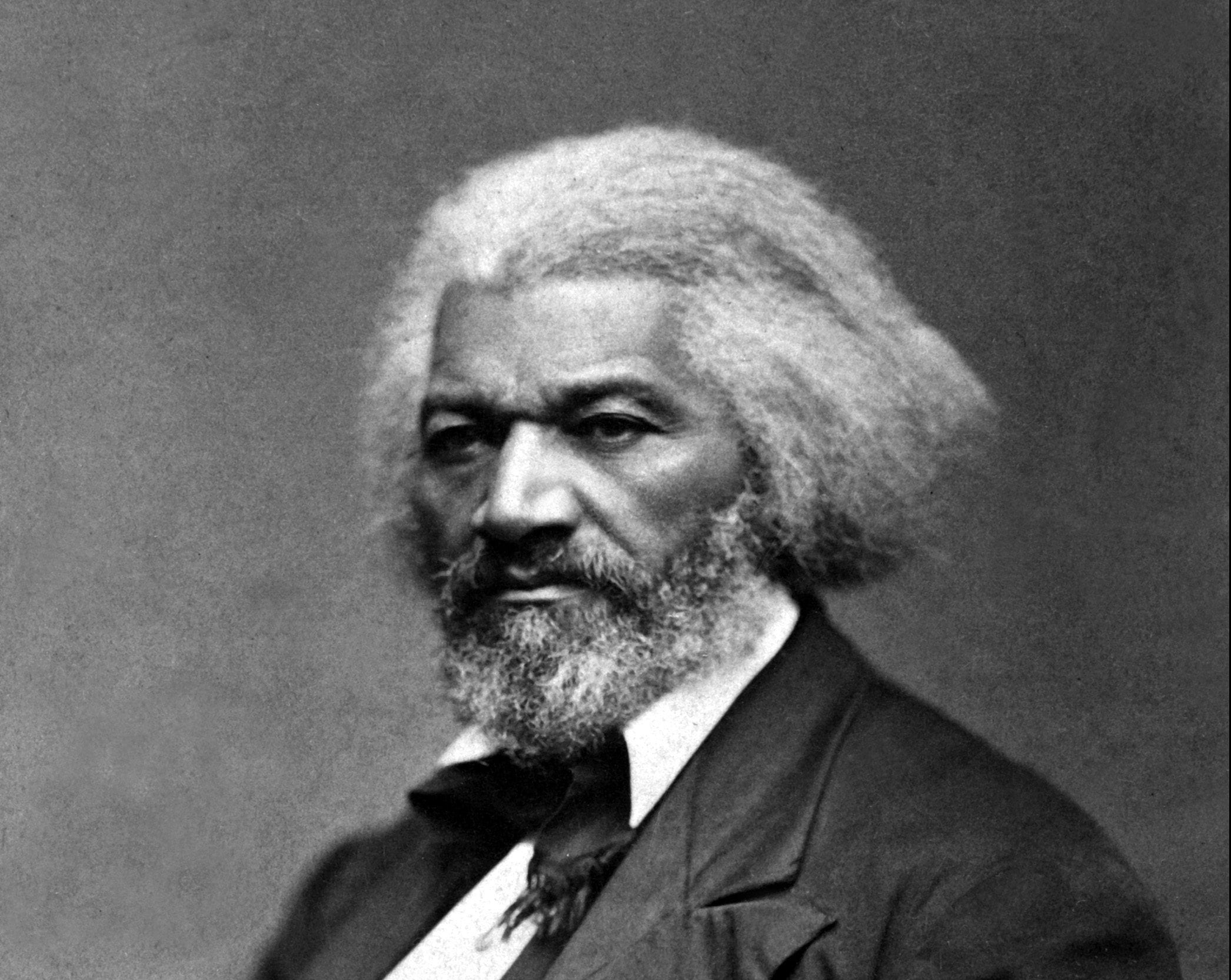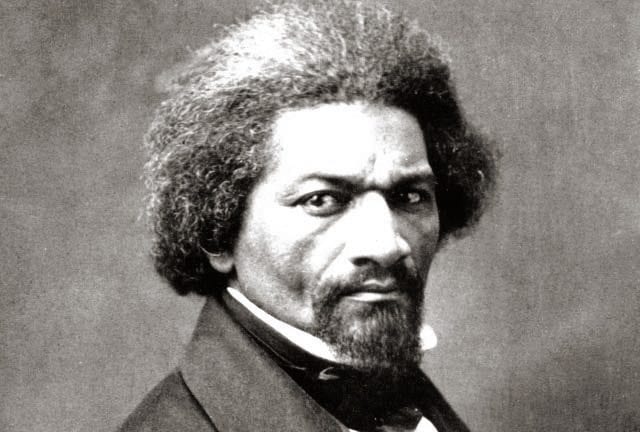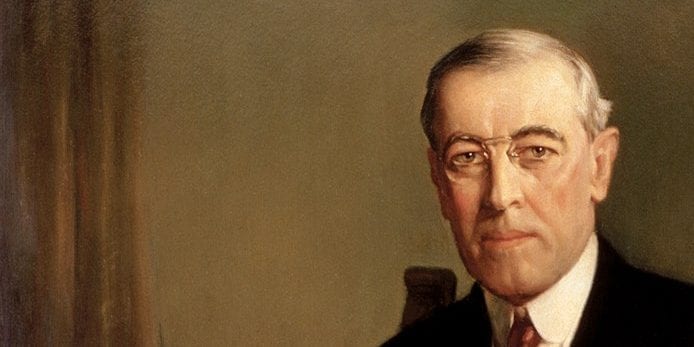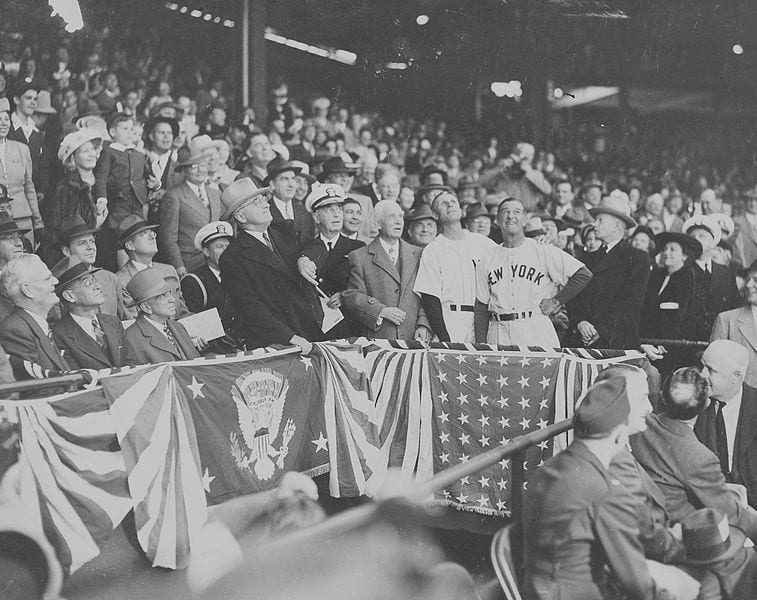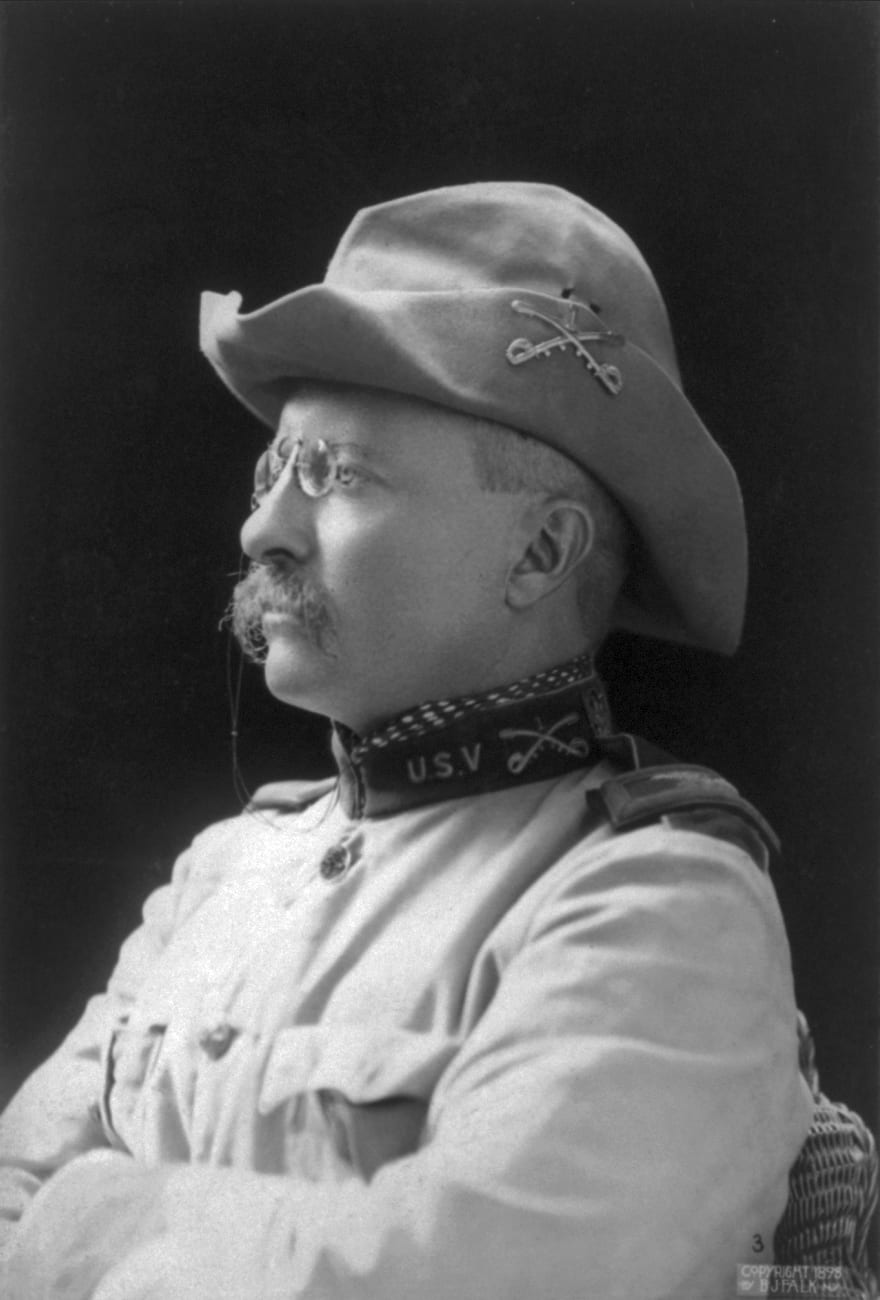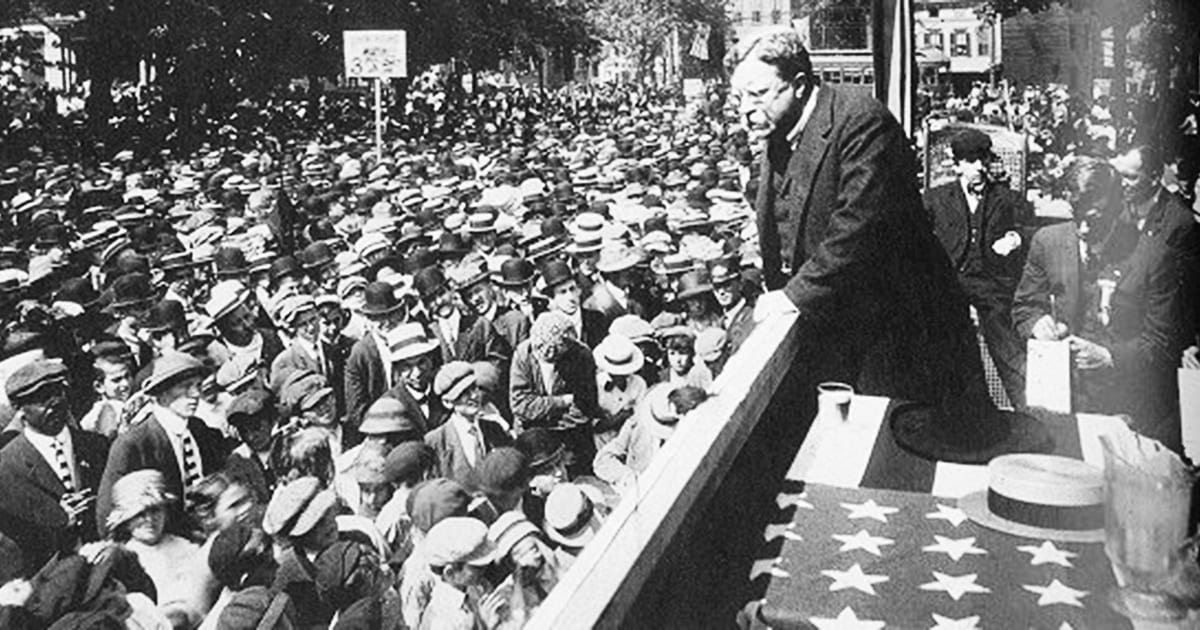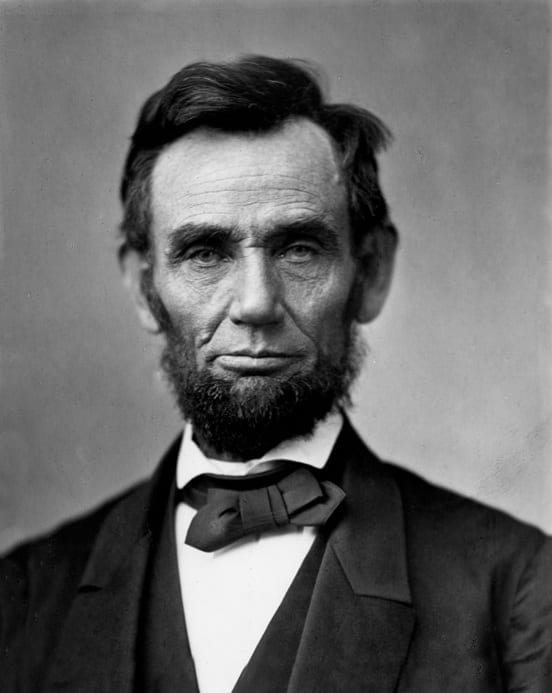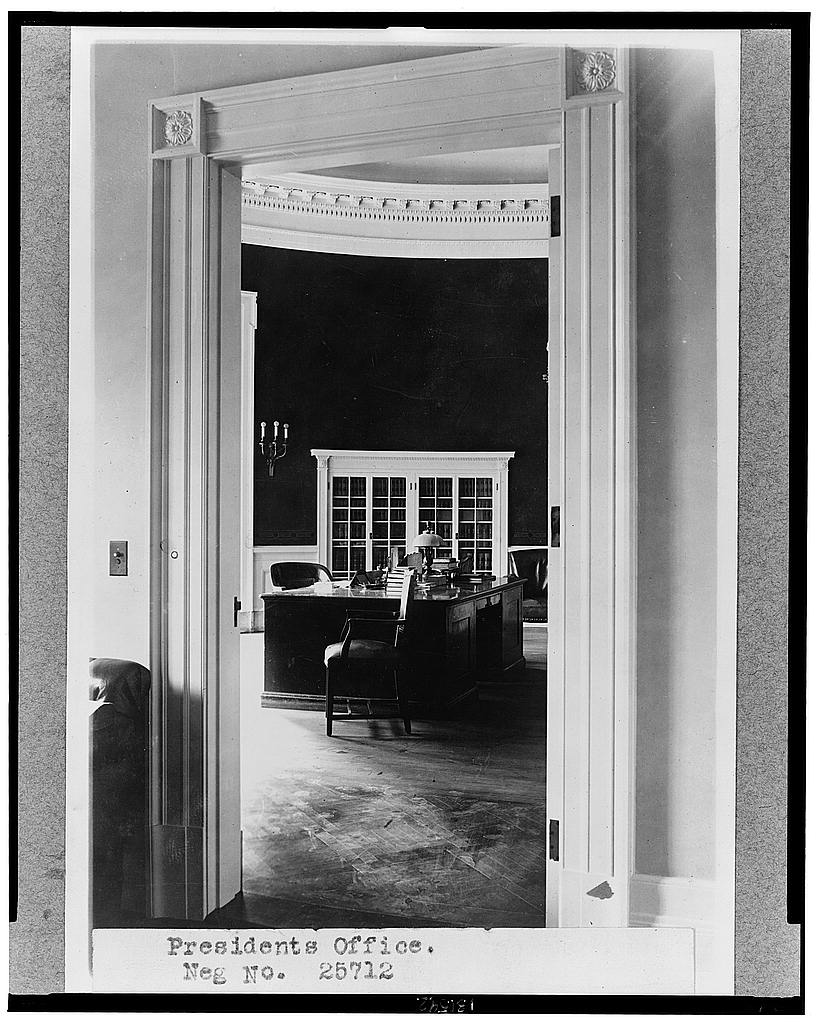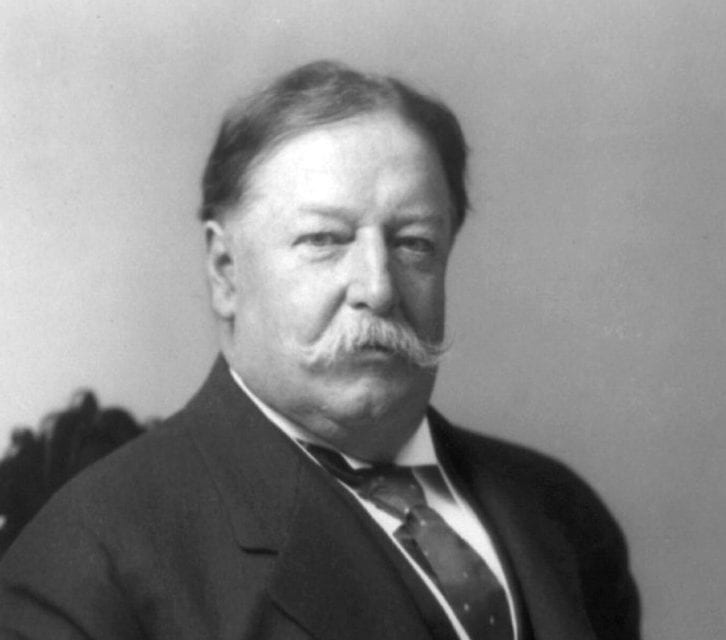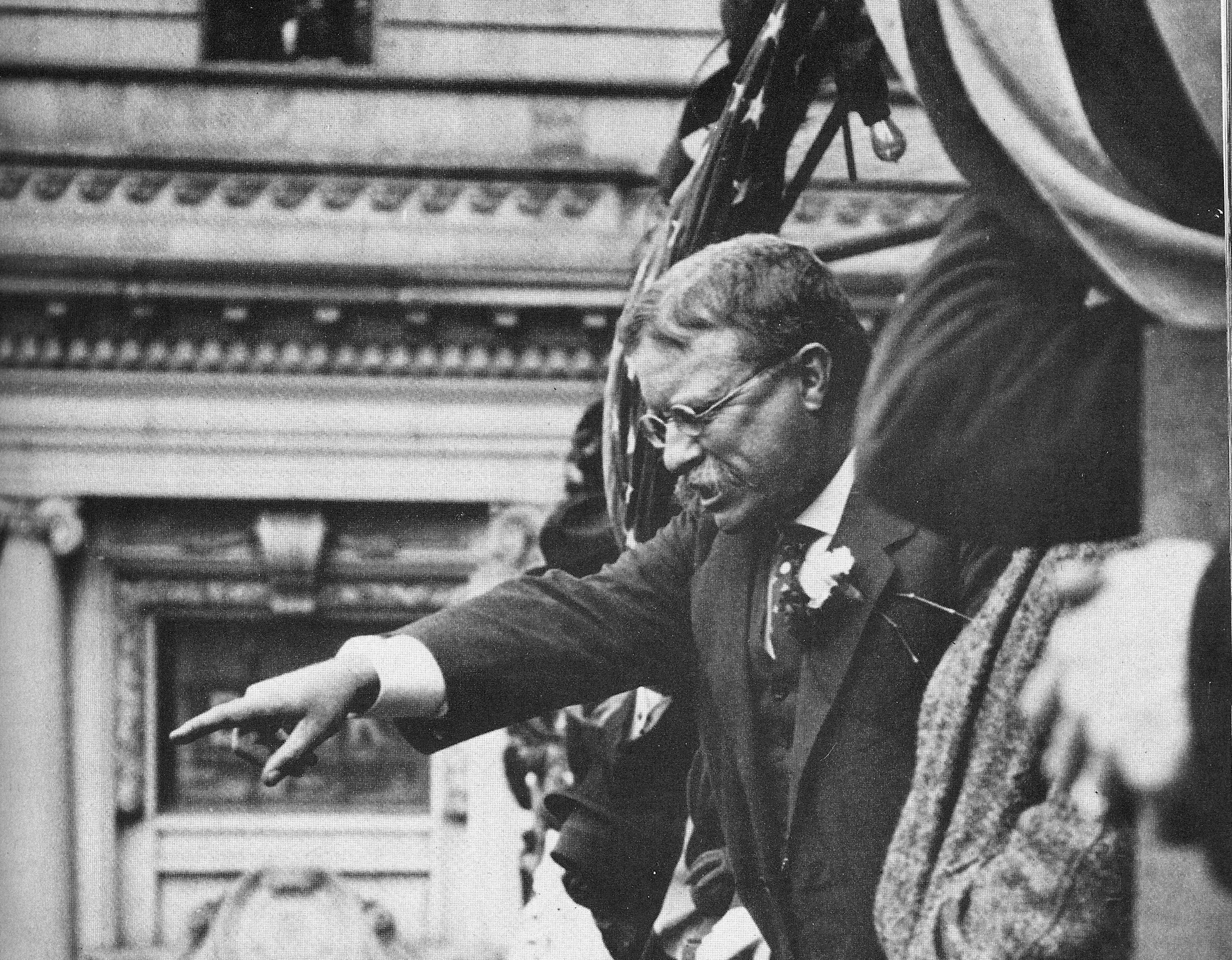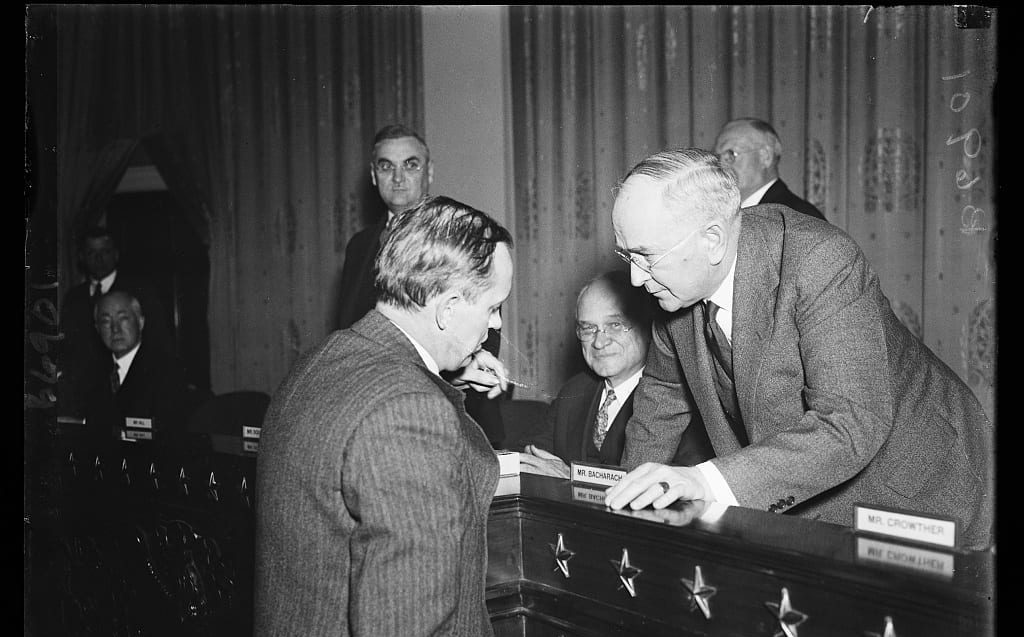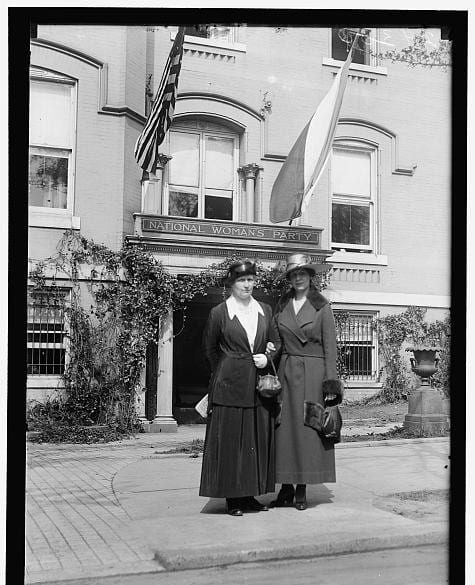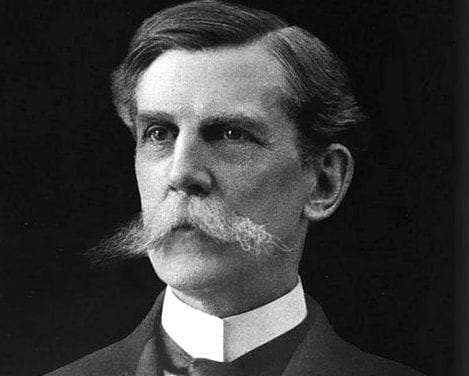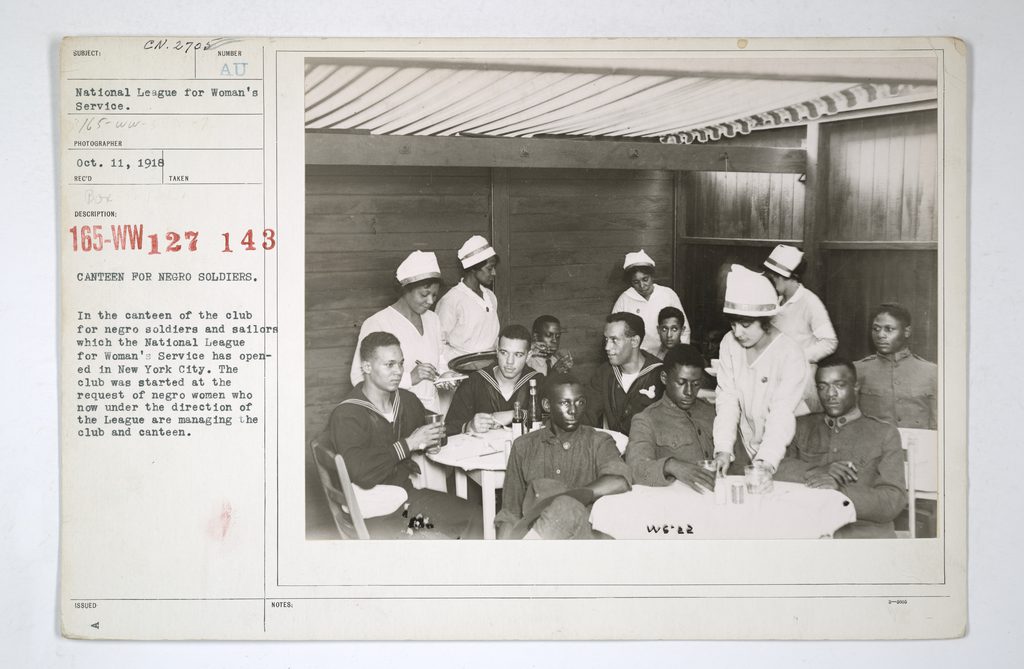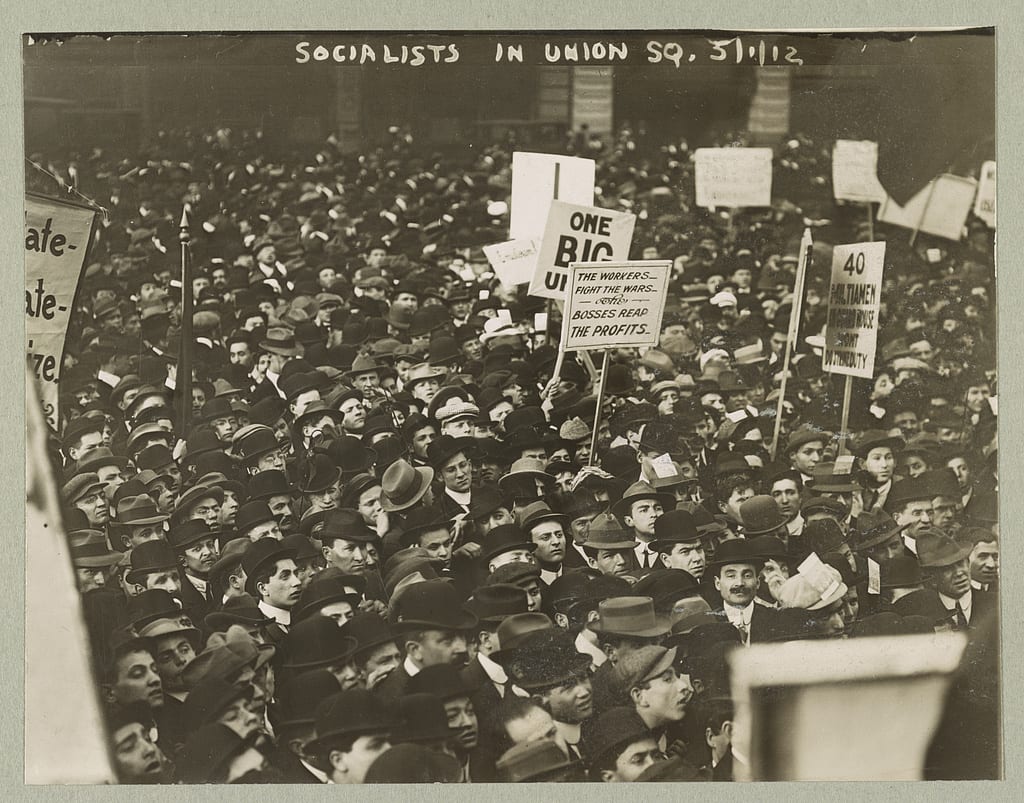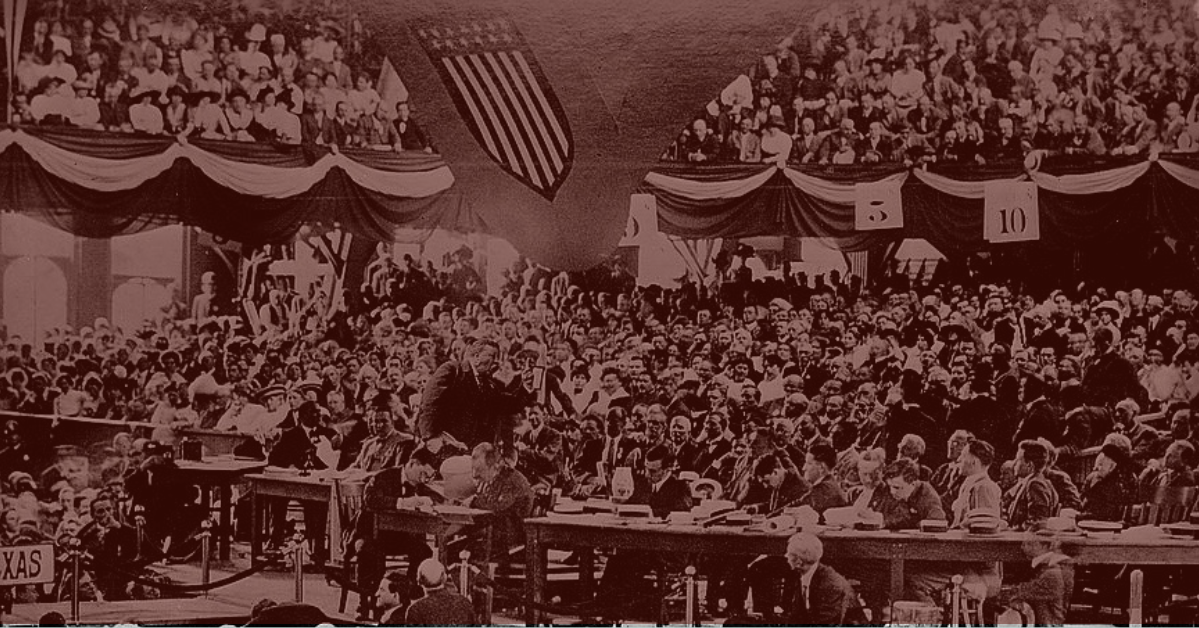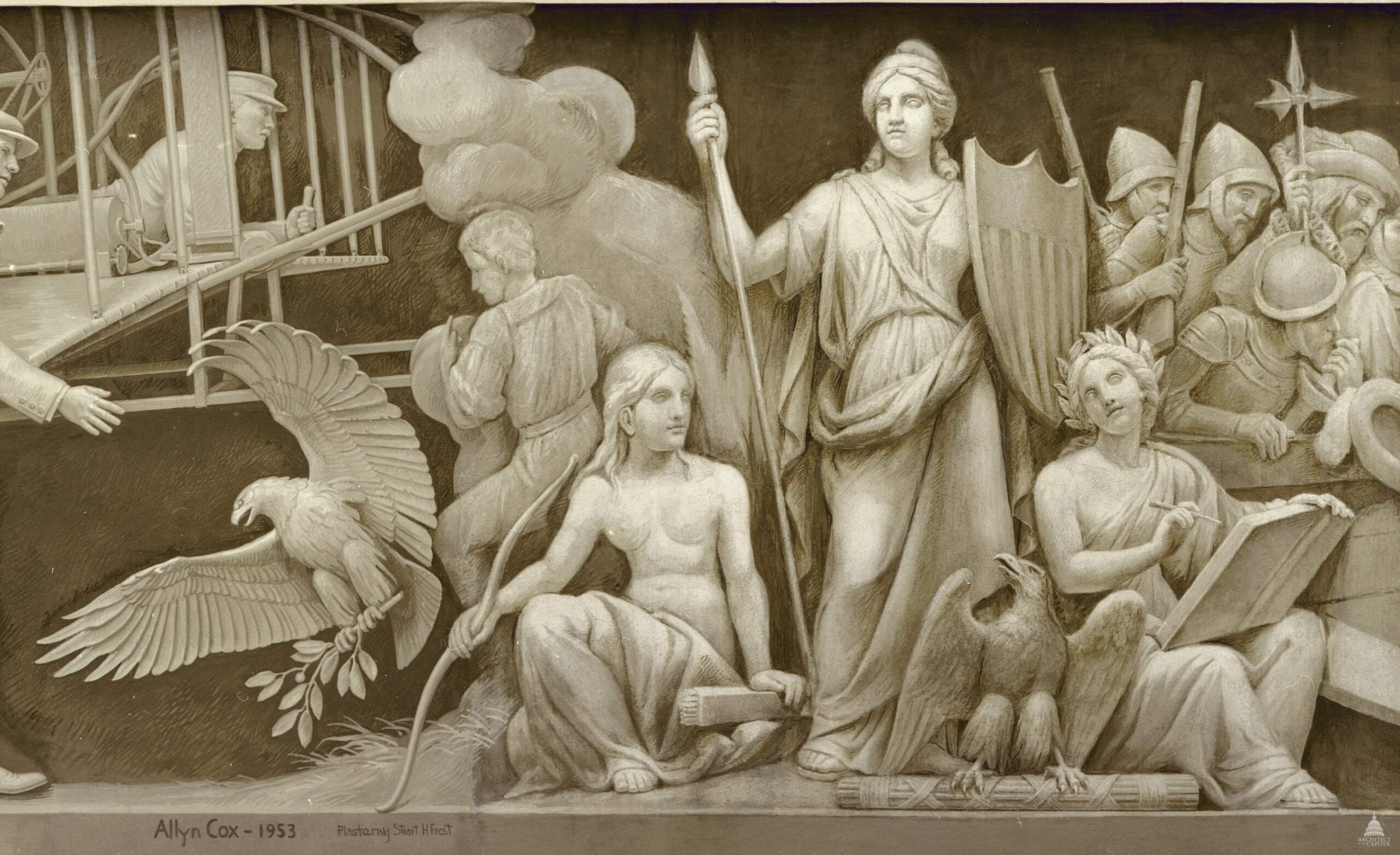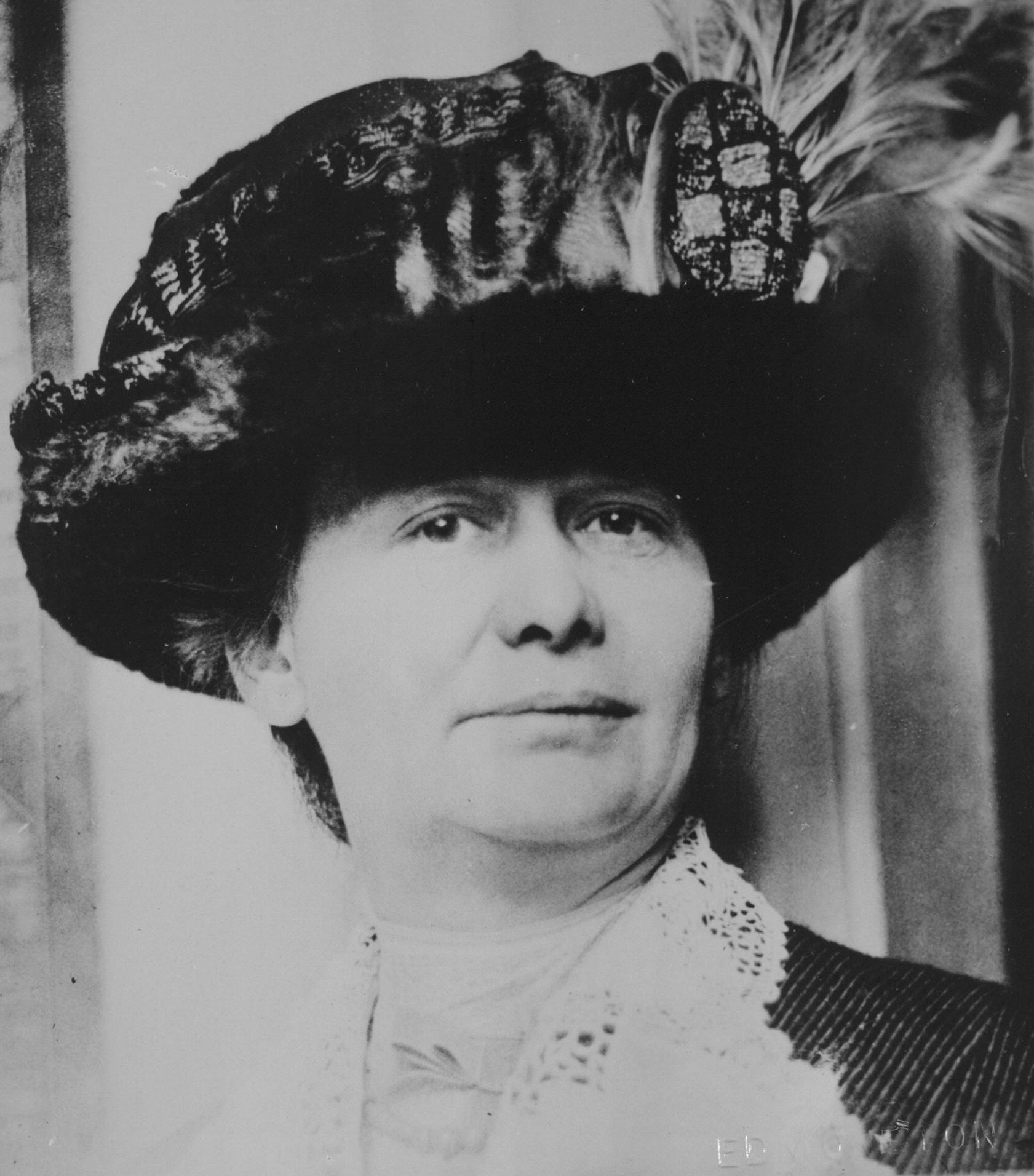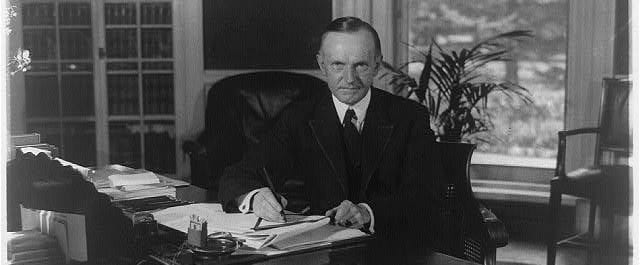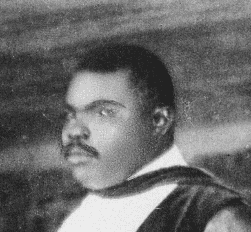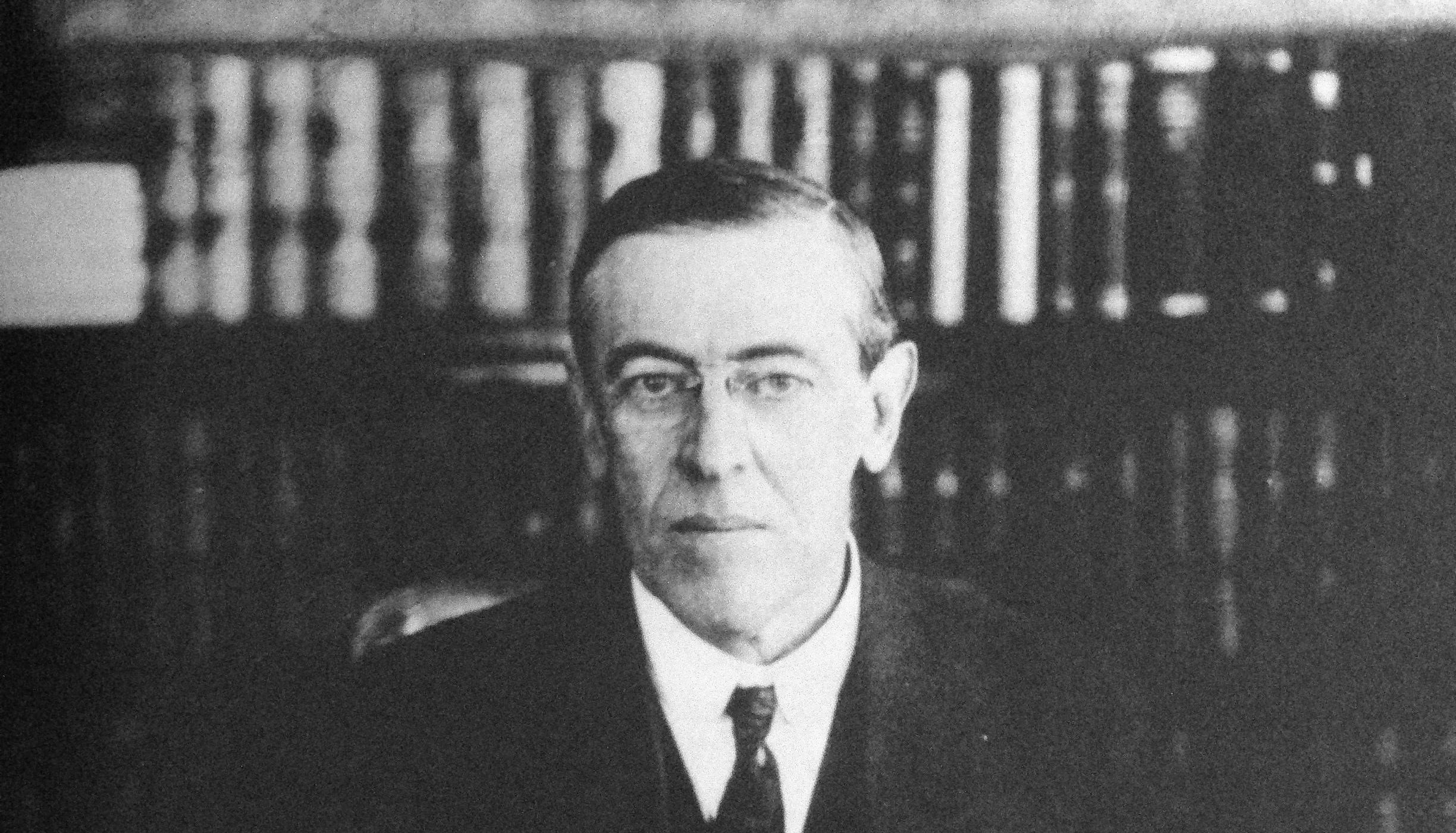
No study questions
No related resources
Introduction
Source:
One of the most fundamental and far-reaching deeds that has been accomplished during the last quarter of a century has been that by which the Negro has been helped to find himself and to learn the secrets of civilization–to learn that there are a few simple, cardinal principles upon which a race must start its upward course, unless it would fail, and its last estate be worse than its first.
It has been necessary for the Negro to learn the difference between being worked and working–to learn that being worked meant degradation, while working means civilization; that all forms of labor are honorable, and all forms of idleness disgraceful. It has been necessary for him to learn that all races that have got upon their feet have done so largely by laying an economic foundation, and, in general, by beginning in a proper cultivation and ownership of the soil.
Forty years ago my race emerged from slavery into freedom. If, in too many cases, the Negro race began development at the wrong end, it was largely because neither white nor black properly understood the case. Nor is it any wonder that this was so, for never before in the history of the world had just such a problem been presented as that of the two races at the coming of freedom in this country.
For two hundred and fifty years, I believe the way for the redemption of the Negro was being prepared through industrial development. Through all those years the Southern white man did business with the Negro in a way that no one else has done business with him. In most cases if a Southern white man wanted a house built he consulted a Negro mechanic about the plan and about the actual building of the structure. If he wanted a suit of clothes made he went to a Negro tailor, and for shoes he went to a shoemaker of the same race. In a certain way every slave plantation in the South was an industrial school. On these plantations young colored men and women were constantly being trained not only as farmers but as carpenters, blacksmiths, wheelwrights, brick masons, engineers, cooks, laundresses, sewing women and housekeepers.
I do not mean in any way to apologize for the curse of slavery, which was a curse to both races, but in what I say about industrial training in slavery I am simply stating facts. This training was crude, and was given for selfish purposes. It did not answer the highest ends, because there was an absence of mental training in connection with the training of the hand. To a large degree, though, this business contact with the Southern white man, and the industrial training on the plantations, left the Negro at the close of the war in possession of nearly all the common and skilled labor in the South. The industries that gave the South its power, prominence and wealth prior to the Civil War were mainly the raising of cotton, sugar cane, rice and tobacco. Before the way could be prepared for the proper growing and marketing of these crops forests had to be cleared, houses to be built, public roads and railroads constructed. In all these works the Negro did most of the heavy work. In the planting, cultivating and marketing of the crops not only was the Negro the chief dependence, but in the manufacture of tobacco he became a skilled and proficient workman, and in this, up to the present time, in the South, holds the lead in the large tobacco manufactories.
In most of the industries, though, what happened? For nearly twenty years after the war, except in a few instances, the value of the industrial training given by the plantations was overlooked. Negro men and women were educated in literature, in mathematics and in the sciences, with little thought of what had been taking place during the preceding two hundred and fifty years, except, perhaps, as something to be escaped, to be got as far away from as possible. As a generation began to pass, those who had been trained as mechanics in slavery began to disappear by death, and gradually it began to be realized that there were few to take their places. There were young men educated in foreign tongues, but few in carpentry or in mechanical or architectural drawing. Many were trained in Latin, but few as engineers and blacksmiths. Too many were taken from the farm and educated, but educated in everything but farming. For this reason they had no interest in farming and did not return to it. And yet eighty-five cent of the Negro population of the Southern states lives and for a considerable time will continue to live in the country districts. The charge is often brought against the members of my race–and too often justly, I confess — that they are found leaving the country districts and flocking into the great cities where temptations are more frequent and harder to resist, and where the Negro people too often become demoralized. Think, though, how frequently it is the case that from the first day that a pupil begins to go to school his books teach him much about the cities of the world and city life, and almost nothing about the country. How natural it is, then, that when he has the ordering of his life he wants to live it in the city.
Only a short time before his death the late Mr. C. P. Huntington, to whose memory a magnificent library has just been given by his widow to the Hampton Institute for Negroes, in Virginia, said in a public address some words which seem to me so wise that I want to quote them here:
“Our schools teach everybody a little of almost everything, but, in my opinion, they teach very few children just what they ought to know in order to make their way successfully in life. They do not put into their hands the tools they are best fitted to use, and hence so many failures. Many a mother and sister have worked and slaved, living upon scanty food, in order to give a son and brother a ’liberal education,’ and in doing this have built up a barrier between the boy and the work he was fitted to do. Let me say to you that all honest work is honorable work. If the labor is manual, and seems common, you will have all the more chance to be thinking of other things, or of work that is higher and brings better pay, and to work out in your minds better and higher duties and responsibilities for yourselves, and for thinking of ways by which you can help others as well as yourselves, and bring them up to your own higher level.”
Some years ago, when we decided to make tailoring a part of our training at the Tuskegee Institute, I was amazed to find that it was almost impossible to find in the whole country an educated colored man who could teach the making of clothing. We could find numbers of them who could teach astronomy, theology, Latin or grammar, but almost none who could instruct in the making of clothing, something that has to be used by every one of us every day in the year. How often have I been discouraged as I have gone through the South, and into the homes of the people of my race, and have found women who could converse intelligently upon abstruse subjects, and yet could not tell how to improve the condition of the poorly cooked and still more poorly served bread and meat which they and their families were eating three times a day. It is discouraging to find a girl who can tell you the geographical location of any country on the globe and who does not know where to place the dishes upon a common dinner table. It is discouraging to find a woman who knows much about theoretical chemistry, and who cannot properly wash and iron a shirt.
In what I say here I would not by any means have it understood that I would limit or circumscribe the mental development of the Negro student. No race can be lifted until its mind is awakened and strengthened. By the side of industrial training should always go mental and moral training, but the pushing of mere abstract knowledge into the head means little. We want more than the mere performance of mental gymnastics. Our knowledge must be harnessed to the things of real life. I would encourage the Negro to secure all the mental strength, all the mental culture–whether gleaned from science, mathematics, history, language or literature that his circumstances will allow, but I believe most earnestly that for years to come the education of the people of my race should be so directed that the greatest proportion of the mental strength of the masses will be brought to bear upon the every-day practical things of life, upon something that is needed to be done, and something which they will be permitted to do in the community in which they reside. And just the same with the professional class which the race needs and must have, I would say give the men and women of that class, too, the training which will best fit them to perform in the most successful manner the service which the race demands.
I would not confine the race to industrial life, not even to agriculture, for example, although I believe that by far the greater part of the Negro race is best off in the country districts and must and should continue to live there, but I would teach the race that in industry the foundation must be laid–that the very best service which any one can render to what is called the higher education is to teach the present generation to provide a material or industrial foundation. On such a foundation as this will grow habits of thrift, a love of work, economy, ownership of property, bank accounts. Out of it in the future will grow practical education, professional education, positions of public responsibility. Out of it will grow moral and religious strength. Out of it will grow wealth from which alone can come leisure and the opportunity for the enjoyment of literature and the fine arts.
In the words of the late beloved Frederick Douglass: “Every blow of the sledge hammer wielded by a sable arm is a powerful blow in support of our cause. Every colored mechanic is by virtue of circumstances an elevator of his race. Every house built by a black man is a strong tower against the allied hosts of prejudice. It is impossible for us to attach too much importance to this aspect of the subject. Without industrial development there can be no wealth; without wealth there can be no leisure; without leisure no opportunity for thoughtful reflection and the cultivation of the higher arts.”
I would set no limits to the attainments of the Negro in arts, in letters or statesmanship, but I believe the surest way to reach those ends is by laying the foundation in the little things of life that lie immediately about one’s door. I plead for industrial education and development for the Negro not because I want to cramp him, but because I want to free him. I want to see him enter the all-powerful business and commercial world.
It was such combined mental, moral and industrial education which the late General Armstrong set out to give at the Hampton Institute when he established that school thirty years ago. The Hampton Institute has continued along the lines laid down by its great founder, and now each year an increasing number of similar schools are being established in the South, for the people of both races.
Early in the history of the Tuskegee Institute we began to combine industrial training with mental and moral culture. Our first efforts were in the direction of agriculture, and we began teaching this with no appliances except one hoe and a blind mule From this small beginning we have grown until now the Institute owns two thousand acres of land, eight hundred of which are cultivated each year by the young men of the school. We began teaching wheelwrighting and blacksmithing in a small way to the men, and laundry work, cooking and sewing and housekeeping to the young women. The fourteen hundred and over young men and women who attended the school during the last school year received instruction — in addition to academic and religious training — in thirty–three trades and industries including carpentry, blacksmithing, printing, wheelwrighting, harnessmaking, painting, machinery, founding, shoemaking, brickmasonry and brickmaking, plastering, sawmilling, tinsmithing, tailoring, mechanical and architectural drawing, electrical and steam engineering, canning, sewing, dressmaking, millinery, cooking, laundering, housekeeping, mattress making, basketry, nursing, agriculture, dairying and stock raising, and horticulture.
Not only do the students receive instruction in these trades, but they do actual work, by means of which more than half of them pay some part or all of their expenses while remaining at the school. Of the sixty buildings belonging to the school all but four were almost wholly erected by the students as a part of their industrial education. Even the bricks which go into the walls are made by students in the school’s brick yard, in which, last year, they manufactured two million bricks.
When we first began this work at Tuskegee, and the idea got spread among the people of my race that the students who came to the Tuskegee school were to be taught industries in connection with their academic studies, were, in other words, to be taught to work, I received a great many verbal messages and letters from parents informing me that they wanted their children taught books, but not how to work. This protest went on for three or four years, but I am glad to be able to say now that our people have very generally been educated to a point where they see their own needs and conditions so clearly that it has been several years since we have had a single protest from parents against the teaching of industries, and there is now a positive enthusiasm for it. In fact, public sentiment among the students at Tuskegee is now so strong for industrial training that it would hardly permit a student to remain on the grounds who was unwilling to labor
It seems to me that too often mere book education leaves the Negro young man or woman in a weak position. For example, I have seen a Negro girl taught by her mother to help her in doing laundry work at home. Later, when this same girl was graduated from the public schools or a high school and returned home she finds herself educated out of sympathy with laundry work, and yet not able to find anything to do which seems in keeping with the cost and character of her education. Under these circumstances we cannot be surprised if she does not fulfill the expectations made for her. What should have been done for her, it seems to me, was to give her along with her academic education thorough training in the latest and best methods of laundry work, so that she could have put so much skill and intelligence into it that the work would have been lifted out from the plane of drudgery. The home which she would then have been able to find by the results of her work would have enabled her to help her children to take a still more responsible position in life.
Almost from the first Tuskegee has kept in mind–and this I think should be the policy of all industrial schools–fitting students for occupations which would be open to them in their home communities. Some years ago we noted the fact that there was beginning to be a demand in the South for men to operate dairies in a skillful, modern manner. We opened a dairy department in connection with the school, where a number of young men could have instruction in the latest and most scientific methods of dairy work. At present we have calls–mainly from Southern white men–for twice as many dairymen as we are able to supply. What is equally satisfactory, the reports which come to us indicate that our young men are giving the highest satisfaction and are fast changing and improving the dairy product in the communities into which they go. I use the dairy here as an example. What I have said of this is equally true of many of the other industries which we teach. Aside from the economic value of this work I cannot but believe, and my observation confirms me in my belief, that as we continue to place Negro men and women of intelligence, religion, modesty, conscience and skill in every community in the South, who will prove by actual results their value to the community, I cannot but believe, I say, that this will constitute a solution to many of the present political and social difficulties.
Many seem to think that industrial education is meant to make the Negro work as he worked in the days of slavery. This is far from my conception of industrial education. If this training is worth anything to the Negro, it consists in teaching him how not to work, but how to make the forces of nature–air, steam, water, horse-power and electricity–work for him. If it has any value it is in lifting labor up out of toil and drudgery into the plane of the dignified and the beautiful. The Negro in the South works and works hard; but too often his ignorance and lack of skill causes him to do his work in the most costly and shiftless manner, and this keeps him near the bottom of the ladder in the economic world.
I have not emphasized particularly in these pages the great need of training the Negro in agriculture, but I believe that this branch of industrial education does need very great emphasis. In this connection I want to quote some words which Mr. Edgar Gardner Murphy, of Montgomery, Alabama, has recently written upon this subject:
“We must incorporate into our public school system a larger recognition of the practical and industrial elements in educational training. Ours is an agricultural population. The school must be brought more closely to the soil. The teaching of history, for example, is all very well, but nobody can really know anything of history unless he has been taught to see things grow–has so seen things not only with the outward eye, but with the eyes of his intelligence and conscience. The actual things of the present are more important, however, than the institutions of the past. Even to young children can be shown the simpler conditions and processes of growth–how corn is put into the ground–how cotton and potatoes should be planted–how to choose the soil best adapted to a particular plant, how to improve that soil, how to care for the plant while it grows, how to get the most value out of it, how to use the elements of waste for the fertilization of other crops; how, through the alternation of crops, the land may be made to increase the annual value of its products–these things, upon their elementary side are absolutely vital to the worth and success of hundreds of thousands of these people of the Negro race, and yet our whole educational system has practically ignored them.
* * * * * *
“Such work will mean not only an education in agriculture, but an education through agriculture and education, through natural symbols and practical forms, which will educate as deeply, as broadly and as truly as any other system which the world has known. Such changes will bring far larger results than the mere improvement of our Negroes. They will give us an agricultural class, a class of tenants or small land owners, trained not away from the soil, but in relation to the soil and in intelligent dependence upon its resources.”
I close, then, as I began, by saying that as a slave the Negro was worked, and that as a freeman he must learn to work. There is still doubt in many quarters as to the ability of the Negro unguided, unsupported, to hew his own path and put into visible, tangible, indisputable form, products and signs of civilization. This doubt cannot be much affected by abstract arguments, no matter how delicately and convincingly woven together. Patiently, quietly, doggedly, persistently, through summer and winter, sunshine and shadow, by self-sacrifice, by foresight, by honesty and industry, we must re-enforce argument with results. One farm bought, one house built, one home sweetly and intelligently kept, one man who is the largest tax payer or has the largest bank account, one school or church maintained, one factory running successfully, one truck garden profitably cultivated, one patient cured by a Negro doctor, one sermon well preached, one office well filled, one life cleanly lived– these will tell more in our favor than all the abstract eloquence that can be summoned to plead our cause. Our pathway must be up through the soil, up through swamps, up through forests, up through the streams, the rocks, through commerce, education, and religion.
“The Fruits of Industrial Training”
October, 1903
Conversation-based seminars for collegial PD, one-day and multi-day seminars, graduate credit seminars (MA degree), online and in-person.



